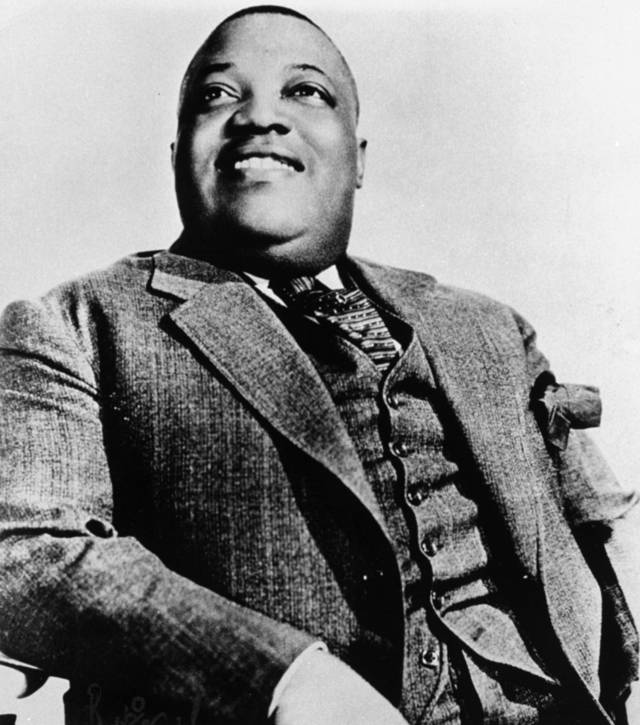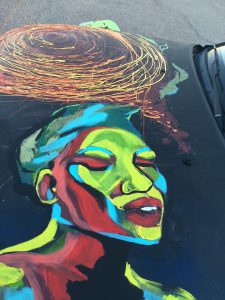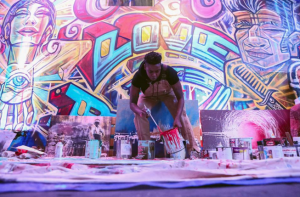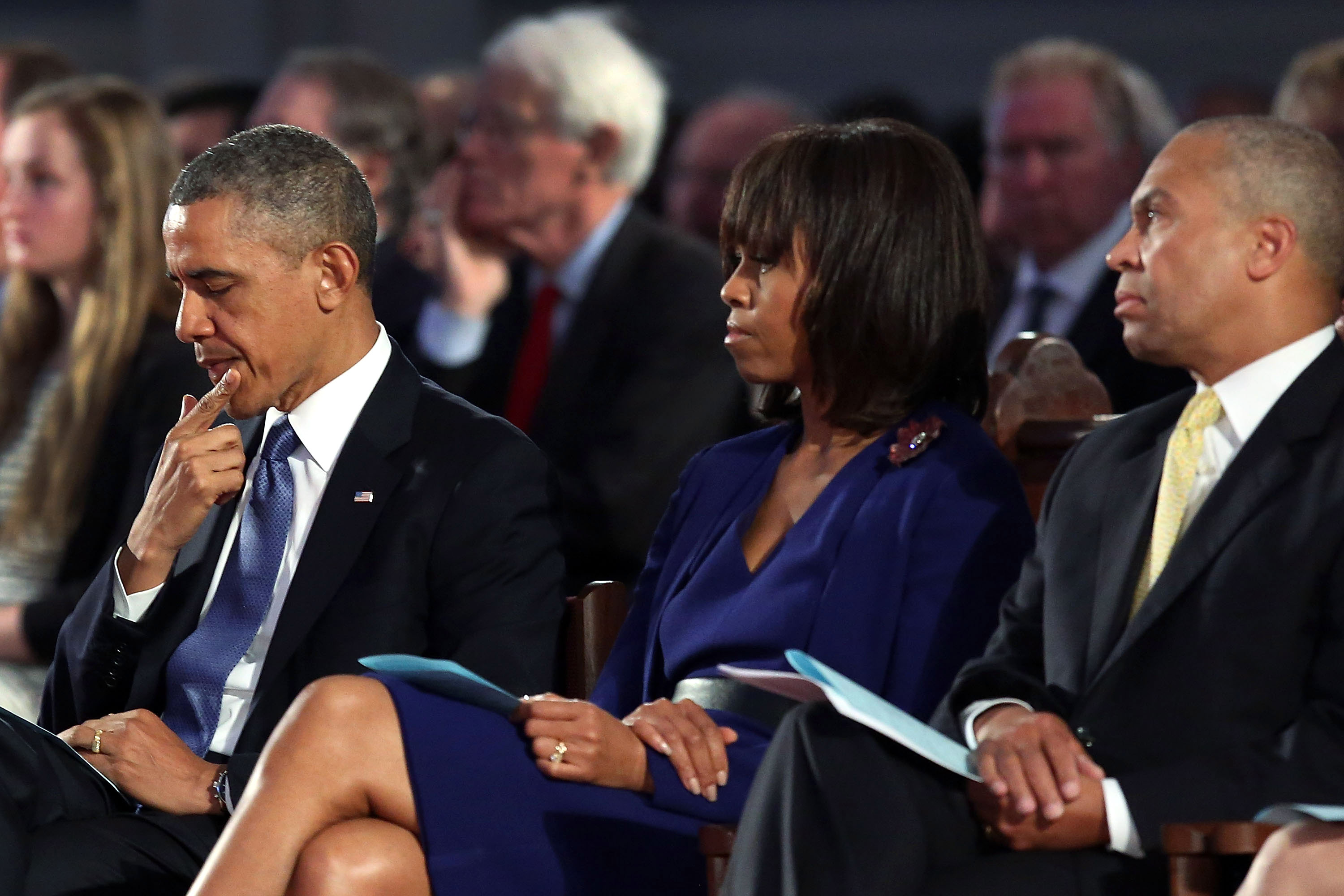
The Oklahoma Eagle Newswire
The harmonic sounds of live brass instruments filled the room just as bodies packed the seats of the Refreshing Event Center in Oklahoma City Sunday afternoon. The Oklahoma Black Museum organized a concert of live sounds in order to fundraise and bring awareness to the National African American Jazz Legacy Museum.
The museum was originally thought to be built in New Orleans but because of red tape and also the roots of Oklahoma Jazz music, Rosetta Funches, the founder of the Oklahoma Black Museum thought why not Oklahoma City.
“There is no better place than Oklahoma City,” Funches announced in the opening.
Nikki Nice of 1140 AM Perry publishing radio station hosted the evening with Steven Olivon.
Dr. Ronald Myers, who is a well-versed musician, playing the piano, trumpet and graced the audience with his vocals Sunday evening stressing the fact that there are many Jazz museums but not many are fueling the black community.

“We have to be about developing the economics in our community to be able to preserve the legacy of Oklahoma Jazz, jazz in general,” Myers said.
Jimmy Rushing was the number one honored musician in the house, his image adorned the walls and was spoke of highly throughout the night. Rushing born August 26, 1901 – June 8, 1972 was an American blues shouter, balladeer, swing jazz singer, and pianist from Oklahoma City, Oklahoma, best known as the featured vocalist of Count Basie‘s Orchestra from 1935 to 1948.
The play “Sang Jimmy Sang” was also performed by Spiritually Bold lead by Katheline Watkins in honor of Jimmy Rushing. The legendary Dorothy Ellis, “Mrs. Blues” also sang a tribute to Jimmy Rushing alongside her guitarist Joe Settlemier.
The origins of Jazz and blues were noted. The term Jazz actually meant somewhat of a derogatory term in the early years and blues had no meaning at all.
“I actually call Jazz, African American Classical music and blues, African American folk music,” Art T. Burton said, of the National Jazz Legacy museum historian from Chicago.
“African-American music has made a lot of people rich in this country so it’s good to understand how that happened and where the music came from,” Burton adds.
The night was full of Jazz acts, set off by an ensemble of drums/percussion group led by Kirby Green, Abu Bacar, Camara, and Wendell Floyd called African Roots.
“Drums once represented the communication style of the times of slavery, drums were like cell phones, “Green said.
The Mid Del Jazz orchestra performed also hosting two young African American boys from the community; one on sax and one on piano, Deep Deuce Brass brand of Oklahoma City.
Dawn Tree, American abstract painter from Tulsa also featured art, she has a Black Wall Street series that she is currently exhibiting, which features archived photos of the 1921 Tulsa massacre and also blends current images that resonate like diamonds, gold chains, nike shoes.

The Larry Johnson foundation honored Earl Day, a legendary musician from Oklahoma. He then graced the organ and sang “Change always comes”. Stan Engle owner of Last Drop Café also took the stage on trumpet many times throughout the evening.
The night successfully brought awareness and also a medicinal plateau of fellowship and pride. Otis Funches, Jazz historian, highlighted many musicians who were born and or groomed musically in Oklahoma cities such as Muskogee, Okmulgee, Tulsa and Oklahoma City like Charlie Christian, Count Basie, Lester Young and Ben Webster and Jimmy Rushing to name a few.
If you wish to learn more about the Legacy African American Jazz Museum, the Oklahoma Black Museum and or donate to the efforts you can reach Rosetta Funches at 405-213-8077 or rosefunch@yahoo.com.
Artist Dawn Tree can be contacted at www.utreep.com









